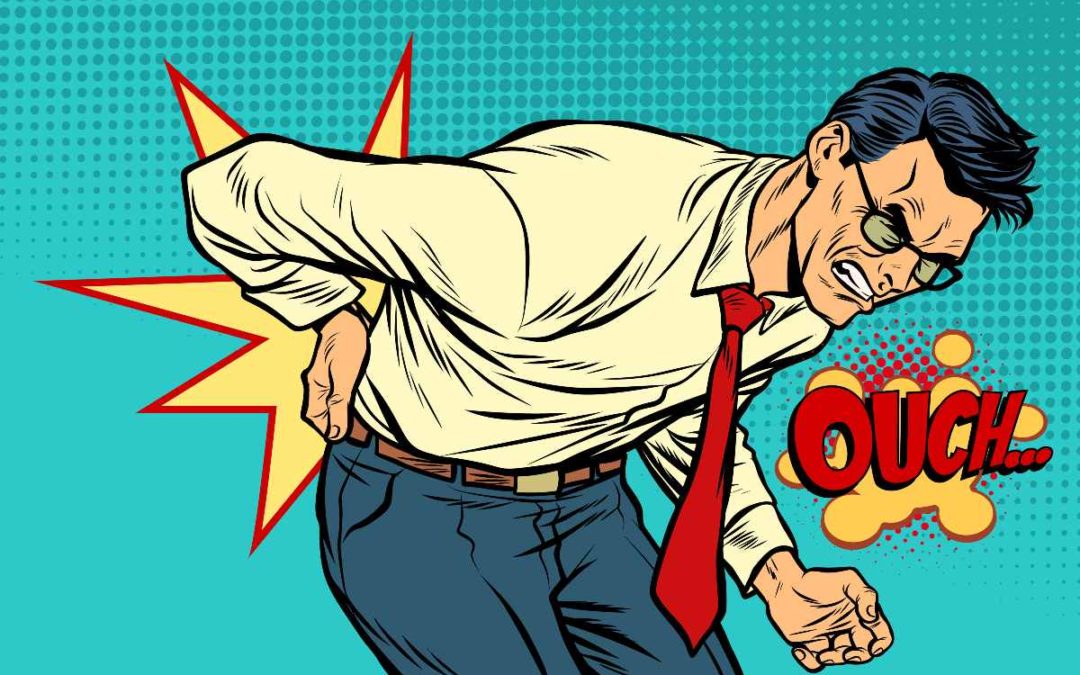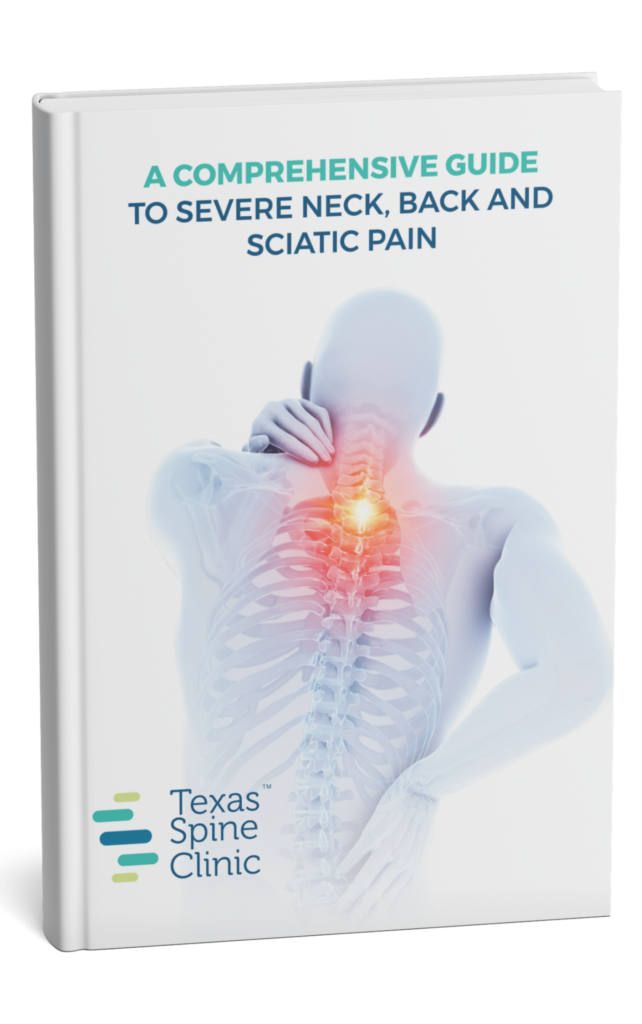While almost everyone experiences some type of back pain in their lives, knowing you’re not alone doesn’t make going through it any more comfortable. However, there is help available. Not all back pain is the same, so it’s important to be able to distinguish between true back pain and spinal pain to ensure your course of treatment adequately addresses the problem.
What is the Difference Between Back Pain and Spine Pain?
Back pain can manifest in many ways, from an aching or stiffness to a radiating pain or muscle spasms. Back pain is usually muscular and may be caused by overuse, lifting heavy objects, repetitive motion or a specific incident, such as a car accident. Spinal pain, on the other hand, is often nerve related. While back pain can still be a main symptom, you may notice additional issues, such as a tingling sensation in the extremities, weakness or numbness, or shooting pains, particularly when moving from a sitting to standing position or vice versa.
Repairing Damage and Avoiding Further Injury
The steps involved in repairing the problem and alleviating your pain depend greatly on the specific cause. If it’s an environmental factor — such as poor posture at your all-day desk job, for example — taking the time to create a more ergonomic setup may help. Here are some common treatments that may help:
- Back stretches and strengthening exercises
- Anti-inflammatory medications
- Spinal manipulations and mobilizations
- Chiropractic care
If the pain is related to a nerve issue in the spine, however, you may need to seek professional help to get relief and ensure there’s no underlying condition. While a strained muscle usually heals itself with enough rest and time, a nerve issue can continue to progress and cause additional problems when left untreated.
Talk to a Professional
If your back pain does not get better after a few weeks or you suspect it may be a spinal issue instead, it’s a good idea to seek professional help. When you schedule your appointment be prepared with some general information on your pain issue, such as when it first started, what remedies you have tried on your own and how much it is impacting your daily life.
Bring any prescription or over-the-counter medicines and supplements you have been using, even if they are unrelated to your back pain. Your healthcare provider will take a full health history, ask questions about your pain and possibly do some physical manipulations to assess the issue. Make sure to ask any questions you have about the issue or proposed treatment plan, and find out what you should do if the pain doesn’t get better.




